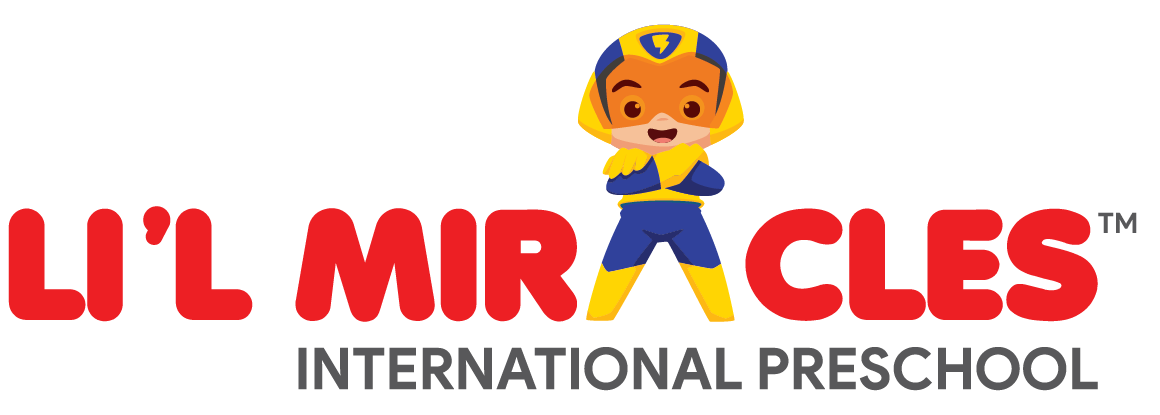As parents, we all want the best for our children, especially when it comes to their education. The early years of a child’s life are critical for their overall development, and one of the most effective ways to support this growth is through preschool education with a focus on experiential learning. Let’s explore why this approach is so vital for building a strong foundation for our little ones.
Why Preschool Education Matters
Preschool is more than just a place for children to play while parents are at work. It is a crucial period where children begin to develop essential skills that will serve as the building blocks for their future learning and success. During these formative years, children are incredibly receptive to new experiences and information. Quality preschool education harnesses this natural curiosity and eagerness to learn, setting the stage for lifelong learning.
The Role of Experiential Learning
Experiential learning is an educational approach that emphasizes learning through experience. It involves hands-on activities, exploration, and real-world experiences that encourage children to engage actively with their environment. This method aligns perfectly with how young children naturally learn—by doing, exploring, and discovering.
Benefits of Experiential Learning in Preschool
- Enhanced Cognitive Development: Experiential learning stimulates brain development by encouraging children to think critically and solve problems. Activities such as building blocks, puzzles, and science experiments help children understand complex concepts in a tangible way.
- Improved Social Skills: Through group activities and collaborative projects, children learn how to communicate, share, and work together. These social interactions are essential for developing empathy, cooperation, and conflict resolution skills.
- Boosted Creativity and Imagination: Experiential learning encourages children to use their imagination and think creatively. Art projects, role-playing, and storytelling allow children to express themselves and explore different perspectives.
- Greater Emotional Resilience: Hands-on learning experiences often involve trial and error, which helps children build resilience and perseverance. Learning to cope with setbacks and challenges in a supportive environment fosters emotional growth and self-confidence.
- Physical Development: Many experiential learning activities involve physical movement, which is crucial for developing fine and gross motor skills. Outdoor play, sports, and activities like gardening or cooking contribute to overall physical health and coordination.
Investing in preschool education with a focus on experiential learning is one of the best decisions you can make for your child’s future. By providing a rich, engaging, and supportive environment, you are helping your child develop the skills and confidence they need to succeed in school and beyond. Remember, the experiences and foundations laid during these early years will shape your child’s growth and learning for years to come.
Lalit Sharma,
Founder
Li’l Miracles International Preschool




